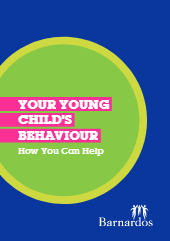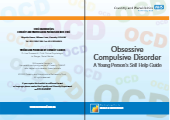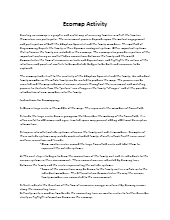“Your Young Child’s Behaviour – How You Can Help” is a booklet designed for parents of young children up to the age of six, although the information provided can be beneficial for children of all ages. The booklet aims to provide parents with a better understanding of their child’s behavior and the underlying messages they may be trying to communicate. It offers practical ideas and strategies to guide parents in supporting appropriate behavior.
The contents of the booklet include:
- Explaining what behavior is and how it manifests in young children.
- Describing the behavior parents can expect from their child at different developmental stages.
- Discussing the influence of the environment on a child’s behavior.
- Helping parents interpret the messages behind their child’s behavior.
- Exploring the emotional and social development of young children.
- Addressing the question of whether punishment is necessary for managing challenging behavior.
- Highlighting the impact of parents’ behavior on their child’s behavior.
- Providing ways parents can support their child in managing their behavior, such as removing them from challenging situations and resolving conflicts together.
- Offering practical tips for parents to keep in mind.
By providing valuable insights and strategies, the booklet aims to empower parents to better understand and support their young child’s behavior, fostering a positive and nurturing environment for their development.
FREE PDF DOWNLOAD OF YOUR YOUNG CHILD’S BEHAVIOUR – HOW YOU CAN HELP (BOOKLET)
SIMILAR FREE RESOURCES
How to Talk So Kids Will Listen & Listen So Kids Will Talk Suggestions
“How to Talk So Kids Will Listen & Listen So Kids Will Talk: Suggestions” is a resource that offers practical advice for effective communication with children. It emphasizes the importance of listening attentively, acknowledging children’s feelings, and responding in ways that foster understanding and connection. The guide provides tips on engaging children’s cooperation, encouraging their autonomy, and using praise to build self-esteem, aiming to strengthen the parent-child relationship through respectful and empathetic communication.









